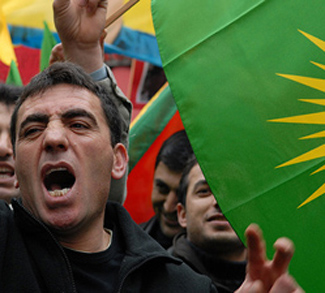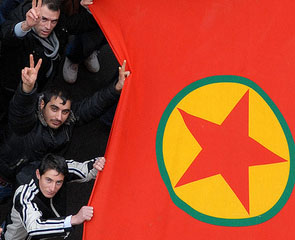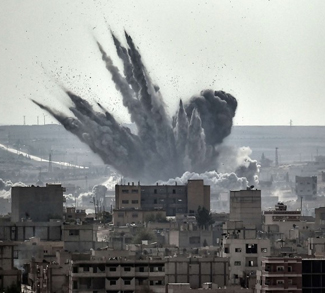Background
The July 20 suicide bombing in Suruc on the Turkish side of the Syrian border is a game-changer in terms of Turkey’s policy towards Islamic State (ISIS) – but not necessarily in the way that many would think.
The attack killed 32 Kurdish youth activists, all of whom were working to help rebuild the now iconic town of Kobane in YPG-controlled Syria. On the surface it represents the biggest instance of spillover violence into Turkey, and a stark reminder that Erdogan’s ‘laissez-faire’ approach to ISIS and the Syrian border carries its own security risks.
The ensuing Turkish air strikes against ISIS targets can thus at first glance appear as a policy reversal meant to shore up Turkey’s internal stability. This is the message that Istanbul is now pushing on its NATO allies, as it attempts to sweep the past few years of its own inaction under the rug.
But any real understanding of Istanbul’s motivations begins and ends with the Kurds.
Turkey’s airstrikes aren’t just targeting ISIS positions, but Kurdish ones as well. There are reports of PKK (the Turkey-based Kurdistan Workers Party) positions being bombed in Iraqi Kurdistan, as well as shelling from Turkish tanks on YPG (the Syria-based People’s Protection Units) positions near Kobane. In the latter case, Free Syria Army troops that were fighting alongside the YPG also suffered casualties.




